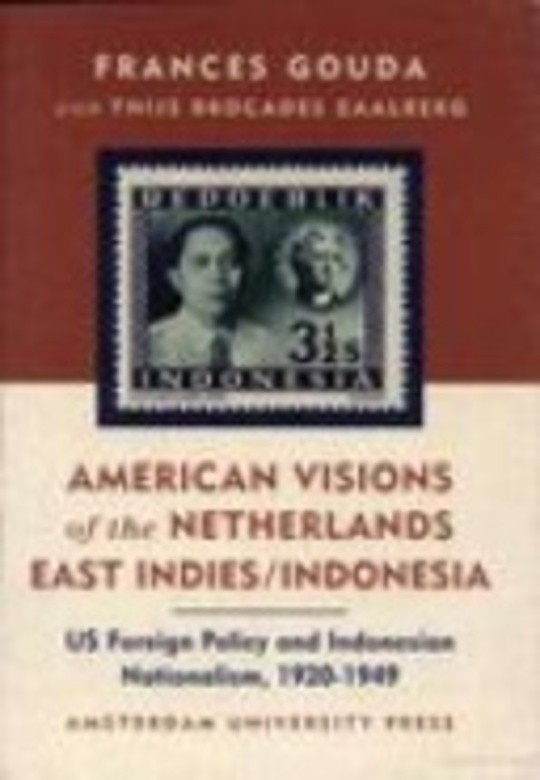
The New Russian Nationalism: Imperialism, Ethnicity and Authoritarianism 2000–2015
Free
Description
Contents
Reviews
Language
English
ISBN
978-1-4744-1042-7
THE NEW RUSSIAN NATIONALISM
Copyright
Contents
Figures
Tables
Acknowledgements
Contributors
Introduction: Russian Nationalism is Back - But Precisely What Does that Mean?
1 The Ethnification of Russian Nationalism
2 The Imperial Syndrome and its Influence on Russian Nationalism
3 Radical nationalists from the start of Medvedev’s presidency to the war in Donbas - true till death?
4 Russian Ethnic Nationalism and Religion Today
5 Everyday Nationalism in Russia in European Context: Moscow Residents’ Perceptions of Ethnic Minority migrants and migration
6 Backing the USSR 2.0: Russia’s Ethnic Minorities and Expansionist Ethnic Russian Nationalism
7 Rallying ’round the leader more than the flag: changes in Russian nationalist public opinion 2013-14
8 How nationalism and machine politics mix in Russia
9 Blurring the boundary between civic and ethnic: the Kremlin’s new approach to national identity under Pution's third term
10 Russia as an anti-liberal European civilisation
11 Ethnicity and nationhood on Russian state-aligned television: contextualising geopolitical crisis
12 The place of economics in Russian national identity debates
Bibliography
Index
The book hasn't received reviews yet.











